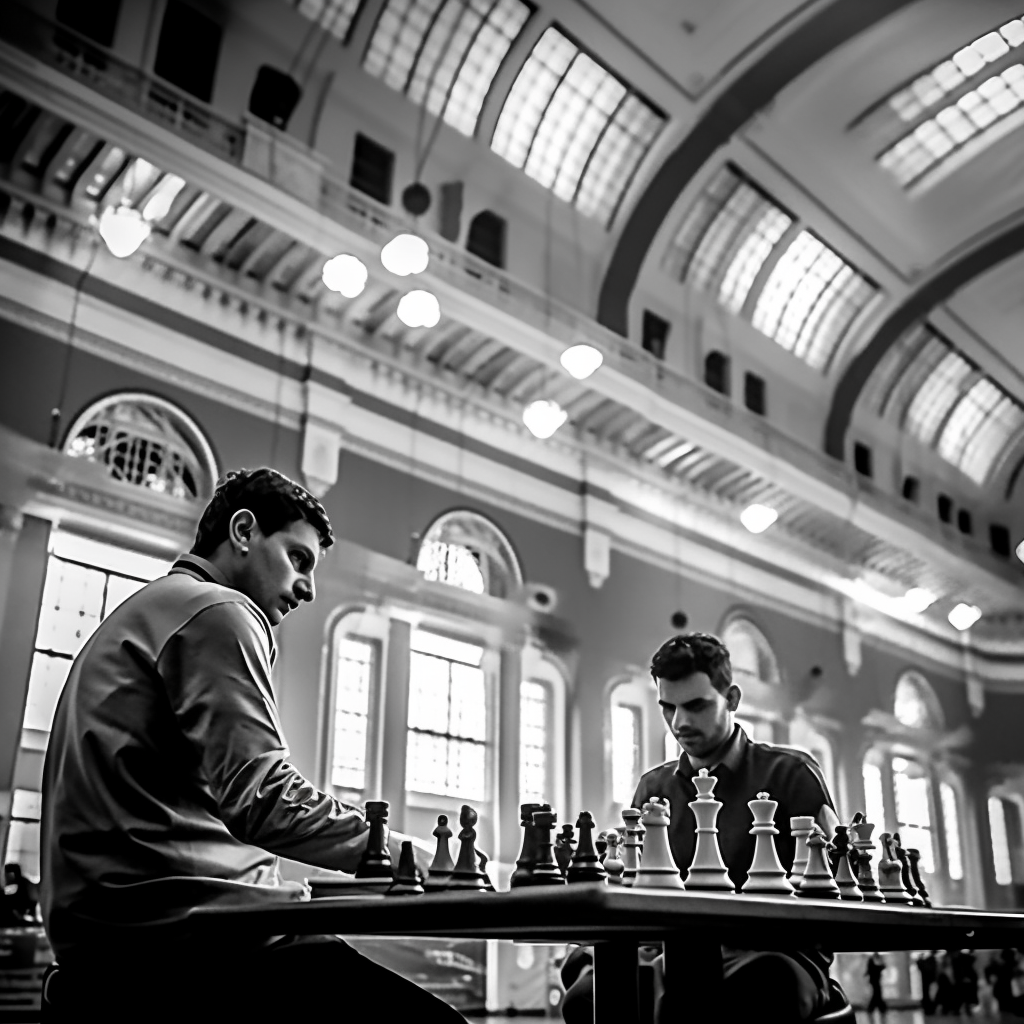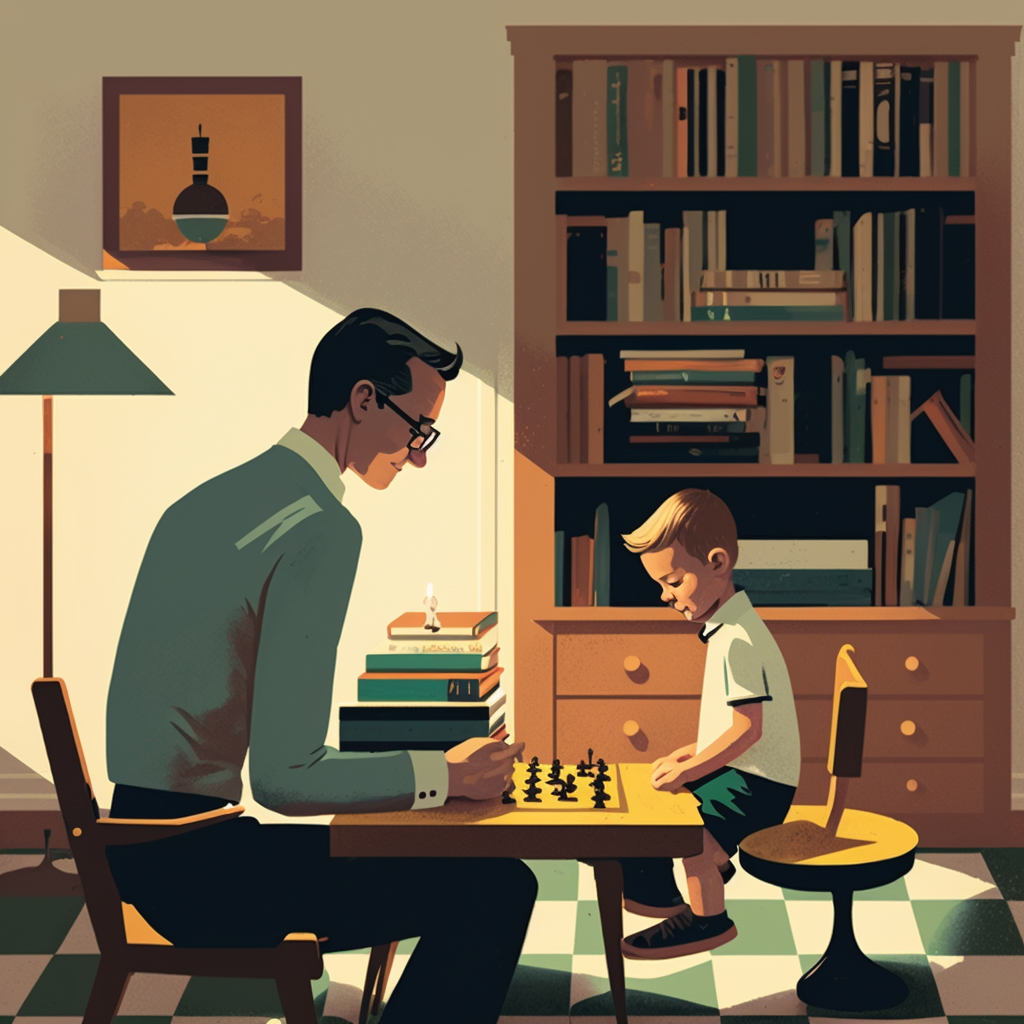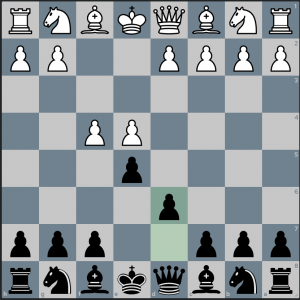Chess is a fascinating game of strategy, skill, and patience. If you’re a beginner or intermediate player, understanding the fundamental opening principles can give you a competitive edge.
It’s time to discuss the top 3 opening principles, why they’re essential, and how you can learn them with ease. Get ready to elevate your chess game!
Control the Center
Why it’s valuable:
The center of the chessboard is critical for launching your attacks and defending your pieces. By controlling the center (the d4, d5, e4, and e5 squares), you can maneuver your pieces more effectively and limit your opponent’s options.
How to learn it easily:
To control the center, place your pawns on the central squares and develop your knights and bishops to support them. Avoid moving the same piece multiple times unless it’s necessary and focus on occupying the center with your pieces.
Develop Your Pieces
Why it’s valuable:
Piece development is key to a strong opening. Properly developed pieces can help you control the board, create threats, and capitalize on your opponent’s mistakes.
How to learn it easily:
Prioritize moving your knights and bishops before the queen and rooks. Aim to move each piece once in the opening and place them on active squares where they control central squares and support your other pieces.
Protect Your King
Why it’s valuable:
King safety is essential to prevent checkmates and avoid losing material. Ensuring your king is safe from early threats allows you to focus on other aspects of the game.
How to learn it easily:
A common way to protect your king is by castling, either kingside (O-O) or queenside (O-O-O). Castling not only safeguards your king but also connects your rooks, increasing their mobility. Avoid moving the pawns in front of your king to maintain a solid pawn structure and minimize vulnerabilities.
Conclusion:
By mastering these top 3 opening principles, you’ll be well on your way to improving your chess game. Remember to control the center, develop your pieces efficiently, and protect your king. With practice and patience, you’ll notice a significant improvement in your gameplay. Now it’s time to put these principles into action and conquer the chessboard!



